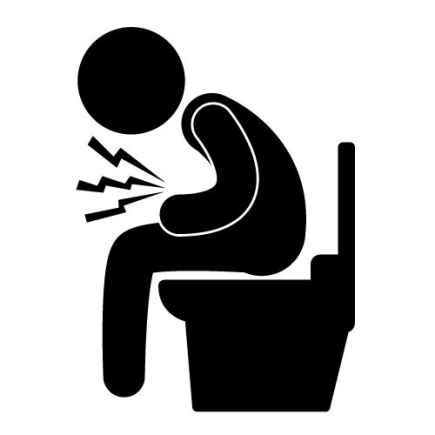Waterborne diseases, particularly those causing diarrhoea, are a significant global health issue. These diseases arise from pathogenic microorganisms present in contaminated water, and diarrhoea is one of the most common and debilitating symptoms.
The impact of such illnesses is most severe in regions with limited access to clean water and proper sanitation facilities, making awareness and preventive measures crucial.
The primary culprits behind waterborne diarrhoea are bacteria, viruses, and parasites. Bacterial pathogens like Escherichia coli (E. coli), Salmonella, Shigella, and Vibrio cholerae are often found in contaminated drinking water and food, leading to widespread outbreaks.
Viral agents, including norovirus and rotavirus, are highly infectious and particularly affect children, causing rapid community spread. Additionally, protozoan parasites such as Giardia lamblia, Cryptosporidium, and Entamoeba histolytica can survive in water for extended periods, posing a persistent threat to human health.
Symptoms of waterborne diarrheal diseases can vary depending on the specific pathogen but generally include frequent, watery stools, abdominal cramps, nausea, vomiting, and fever. In severe cases, dehydration becomes a significant risk, indicated by dry mouth, reduced urine output, and dizziness. Diagnosis typically involves laboratory testing of stool samples to identify the responsible pathogen.
Preventing diarrhoea caused by waterborne pathogens requires a comprehensive approach. Ensuring access to safe drinking water through improved treatment methods like filtration, chlorination, and boiling is essential. Additionally, proper sanitation facilities and good hygiene practices, such as regular handwashing with soap, significantly reduce contamination risks. Public health education plays a vital role in raising awareness about the importance of clean water and sanitation practices. Vaccination programs, particularly for rotavirus, can effectively reduce disease incidence, especially in children. Moreover, monitoring water quality and rapid response to outbreaks are crucial for controlling the spread of these diseases.
Treatment of waterborne diarrheal diseases primarily focuses on rehydration and, in some cases, specific antimicrobial therapies. Oral rehydration solutions (ORS) are vital for preventing dehydration and are widely accessible. In severe cases, intravenous fluids may be necessary to restore hydration. Depending on the pathogen and the severity of the infection, antibiotics or antiparasitics may be prescribed.
Diarrhoea induced by waterborne pathogens remains a critical public health challenge. By understanding the causes, recognizing symptoms, and implementing effective prevention and treatment strategies, communities can significantly reduce the burden of this disease. Ensuring access to clean water, improving sanitation, and educating the public are fundamental steps in safeguarding health and preventing future outbreaks.
The author is Anita Amponsah Addo, a student at the Medical Biochemistry and Molecular Biology, University of Health and Allied Sciences.
---------------------
System Summary
Diarrhoea induced by waterborne pathogens: Understanding causes, symptoms and prevention
The article provides an in-depth look at diarrhoea caused by waterborne pathogens, discussing its causes, symptoms, and preventive measures.
It identifies key pathogens responsible for the condition and outlines risk factors that increase vulnerability.
The piece emphasizes the importance of proper sanitation, clean drinking water, and community education in preventing waterborne diarrhoea and mitigating its health impacts, especially on children and vulnerable groups.

